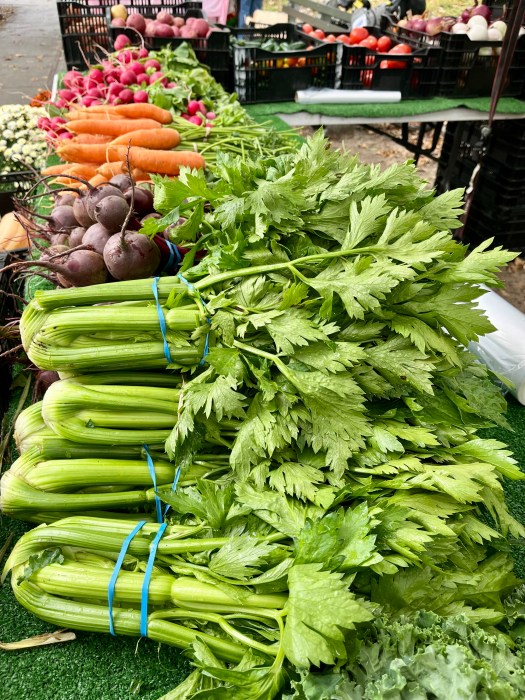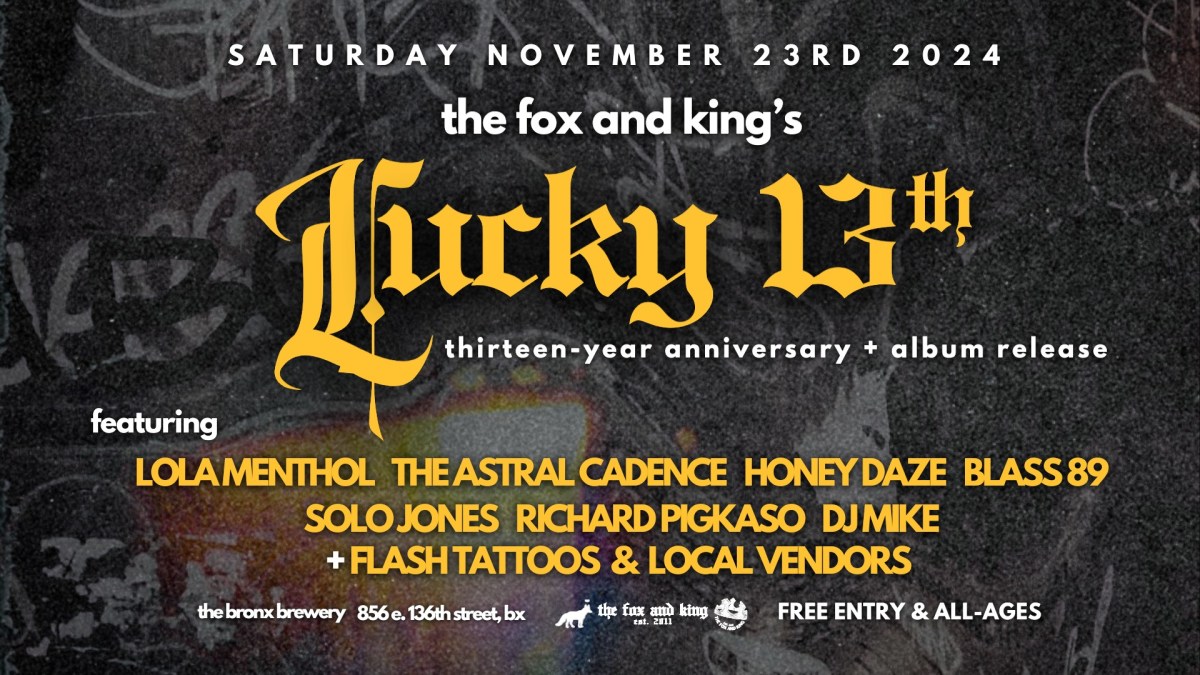TAIPEI (Reuters) – Taiwan could get its first delivery of BioNTech SE’s COVID-19 vaccines one month ahead of schedule as a delay in regulatory approval of the shot for use in mainland China made a surplus available for the island, a source told Reuters.
Taiwan’s tortured bid for the vaccine, jointly developed with Pfizer Inc, has become an issue of high political and diplomatic drama, after Taiwan accused China of blocking a deal earlier this year, which Beijing denied. China claims democratically-governed Taiwan as its own territory.
Taiwan’s government subsequently allowed tech giants Foxconn, its billionaire founder Terry Gou, and TSMC, to negotiate on its behalf for the shot, with a $350 million deal for 10 million shots inked last month.
More than 1 million doses, which had been originally destined for China, are expected to arrive in Taiwan between the end of August and early September, around one month earlier than initially planned, the person who has direct knowledge of the matter told Reuters.
“Shanghai Fosun did not manage to get approval so they gave up their plan for vaccine imports,” the source said, referring to BioNTech’s Chinese sales agent Shanghai Fosun Pharmaceutical Group Co Ltd.
“The original manufacturer was meant to make the delivery to Shanghai Fosun, but Fosun had to release them (the vaccines) as they didn’t get the emergency use authorisation” from China, the source added.
Two other sources with direct knowledge of the matter said the supplies are due to arrive next week, but declined to say what led to the change of schedule.
While BioNTech Chief Executive Ugur Sahin said in April he expected its COVID-19 vaccine would win approval from the Chinese authorities “by June at the latest”, no approval has been granted yet. It is approved in Hong Kong and Macau.
It was not immediately clearly how many doses had been earmarked for delivery to China and to which other destinations the surplus would be re-directed as a result of the uncertain approval outlook.
Taiwan will be among several places getting the orders “abandoned” by China, the first source said, who declined to name other recipients that include a European country.
BioNTech and TSMC declined to comment. Fosun and China’s National Health Commission did not respond to requests for comment.
The made-in-Germany vaccines Taiwan will get will have labelling in the simplified Chinese characters used in China though not in Taiwan, along with the name of Shanghai Fosun, according to the first source.
Responding to requests for comment for this article, Gou’s spokesperson referred Reuters to Taiwan’s health authorities.
Health Minister Chen Shih-chung told reporters he could not say when the vaccines would arrive, as there were still some procedures that needed to be completed, and dismissed any concerns about the labelling.
“During this period of time, epidemic prevention is our only consideration. The important thing is whether the vaccine is safe and effective,” he added.
The BioNTech vaccine drama has transfixed Taiwan and dominated headlines. While a relatively small domestic coronavirus outbreak is well under control, fewer than 5% of its 23.5 million people are fully vaccinated.
Taiwan’s government has ordered millions of vaccines itself, from Moderna Inc, AstraZeneca Plc and local developer Medigen Vaccine Biologics Corp.
Once the BioNTech vaccines arrive they will be donated to and administered by the government.
A Taiwanese Buddhist group has also ordered 5 million doses.
(This story refiles to correct typo in first name of Foxconn founder in paragraph 3)
(Reporting by Yimou Lee; Additional reporting by Ben Blanchard, and Taipei and Beijing newsrooms; Editing by Miyoung Kim and Kim Coghill)
























